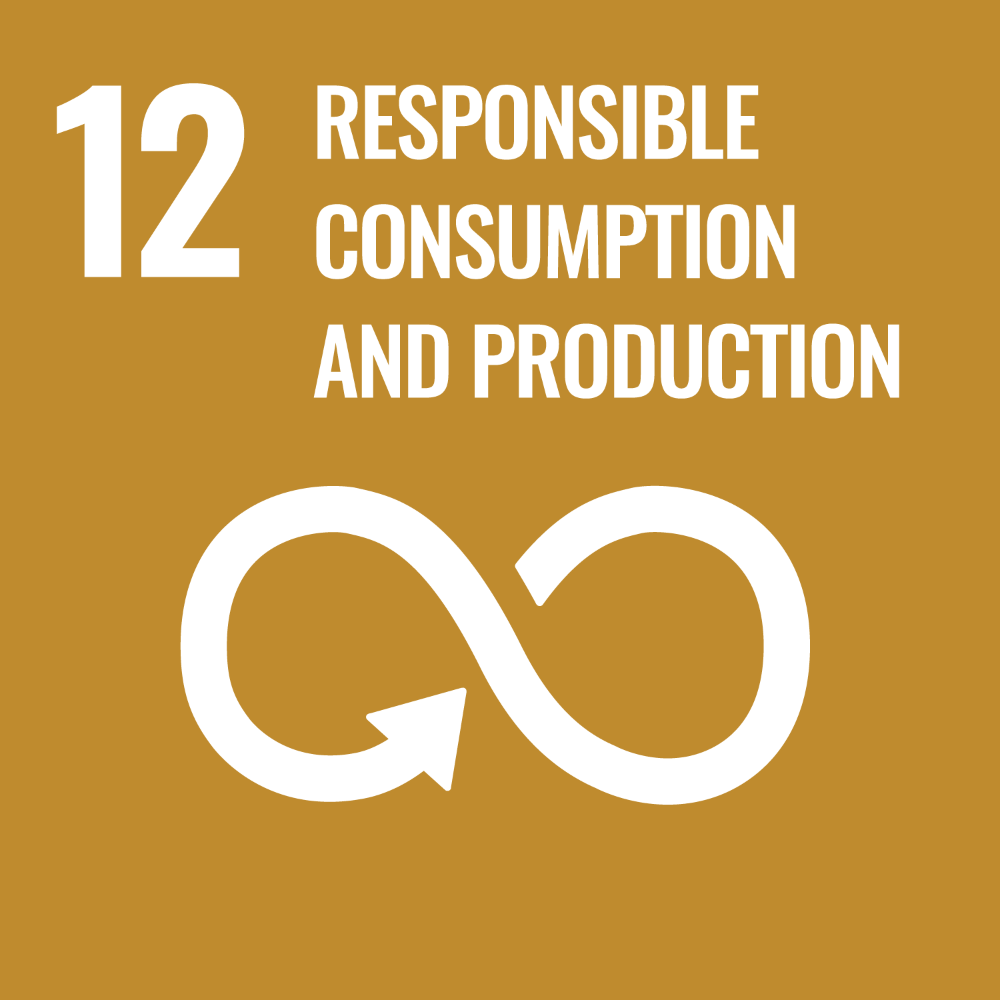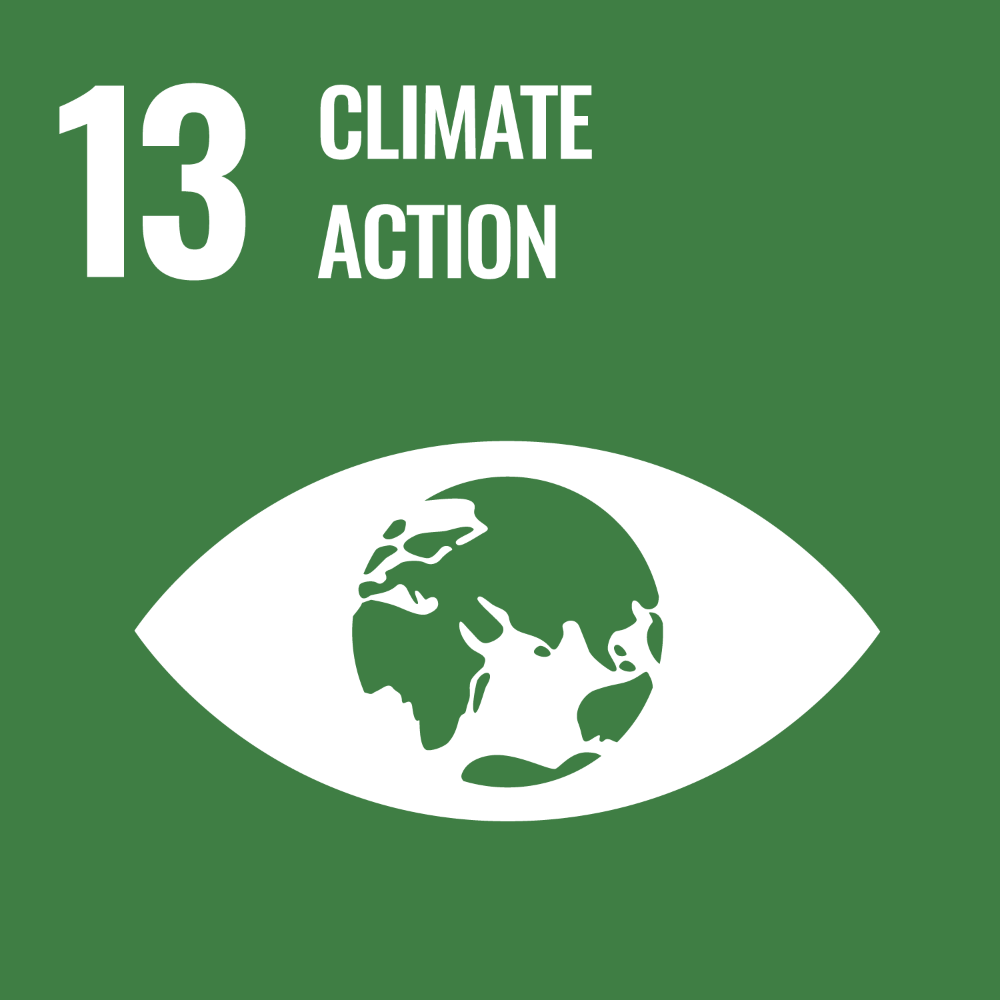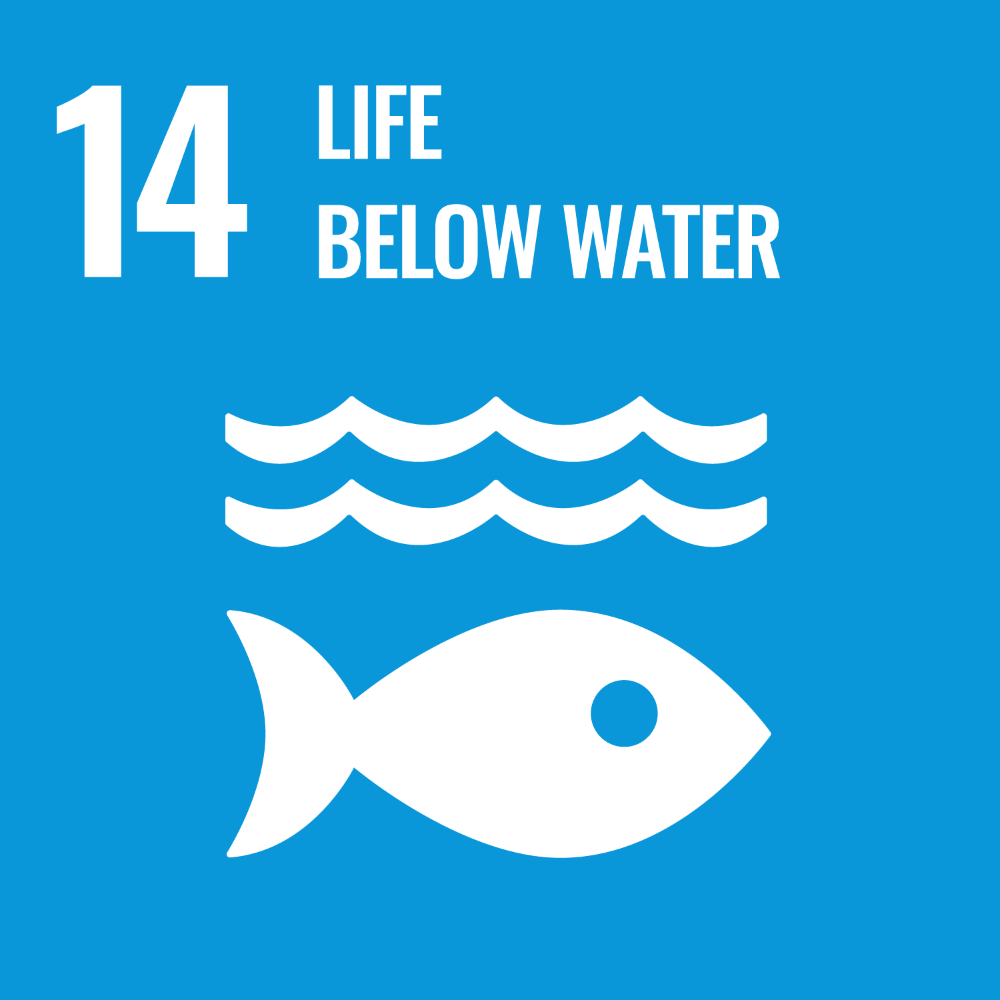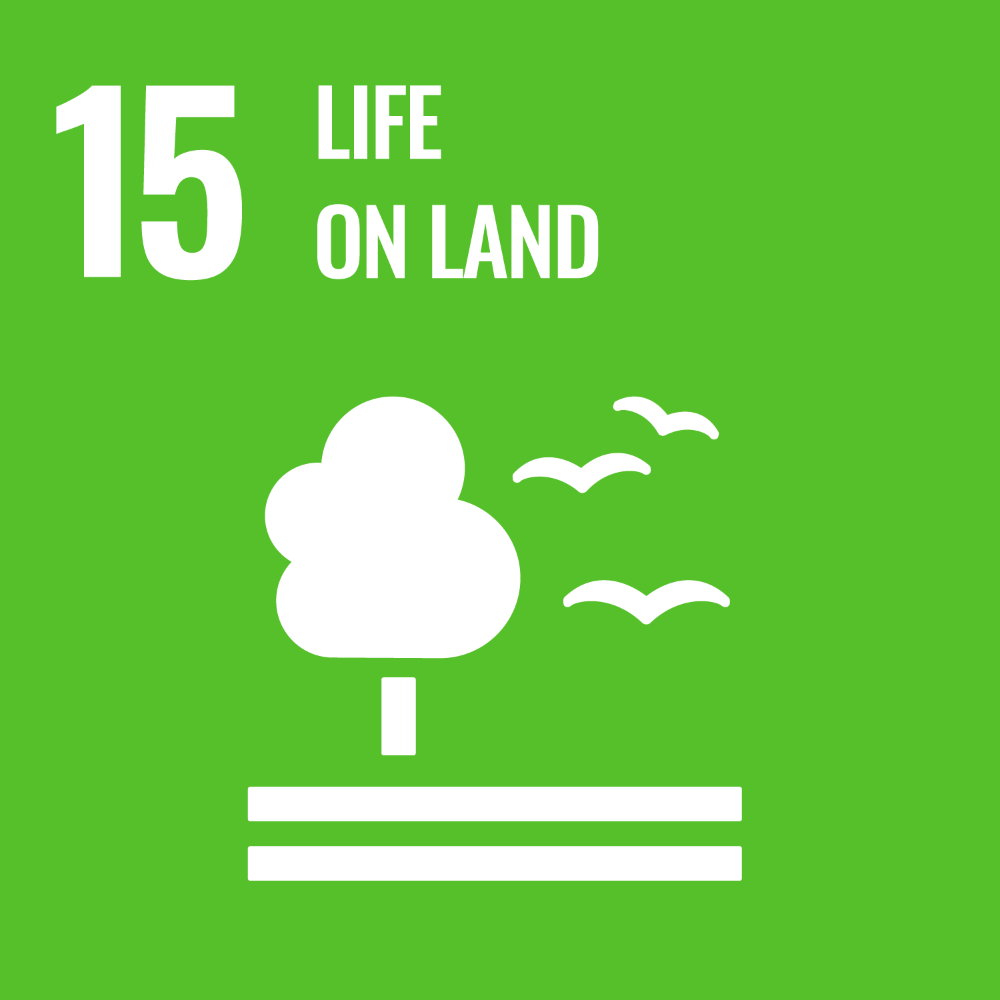What will I learn - Industrial Ecology (Master's Programme)
Industrial Ecology (Master's Programme)
What will you learn?
UN Sustainable development goals
Industrial Ecology focuses on the following sustainable development goals
 |
 |
 |
 |
Learning outcomes
Learning outcomes
Learning outcome
A candidate who has completed his or her qualification should have the following learning outcomes defined in terms of knowledge, skills and general competence:
Knowledge
The industrialecologist:
- Can describe and discuss sustainability and conceptual solutions for increased environmental sustainability in reference to change mitigation, sustainable development goals (UN SDGs) and planetary boundaries.
- Can design analytical models in industrial ecology, to evaluate product-service and production-consumption systems and their impacts on ecosystems, climate, human health and resources.
- Can develop strategies that further environmental sustainability in a life-cycle and systems perspective for product-service systems, material cycles, organizations and policy.
- Can create and critically assess analytical models for environmental sustainability, depending on thesis topic either for ecosystems and bioresources, circular economy and resource efficiency, energy, transport and built environment, or sustainable production and consumption.
Skills
The industrialecologist:
- Can assess the sustainability of product-service and production-consumption systems, select relevant environmental systems approaches and formulate strategies for life cycle thinking.
- Can apply basic data science to assemble, organize and investigate data in sustainability analytics and support of decisions.
- Can appraise and differentiate environmental system studies and interpret findings to specialists and non-specialists.
- Can define and execute research in sustainability analysis and contribute to the research process.
- Can develop environmental systems analysis in one domain of industrial ecology, depending on thesis topic either life cycle assessment, life cycle impact assessment, material flow analysis or environmental input-output analysis.
General competencies
The industrial ecologist:
- Thinks in terms of systems and can assemble and interpret systems thinking models of product-service and production-consumption systems.
- Can formulates perspectives of life cycle and systems thinking according to the practical context of a given environmental sustainability problem.
- Can discuss and negotiate stakeholder interests, norms, practices and opinions in sustainability assessment and reflect critically on scientific, social, ethical and environmental responsibilities in their own work.
- Can contribute actively in international and multidisciplinary collaboration.
